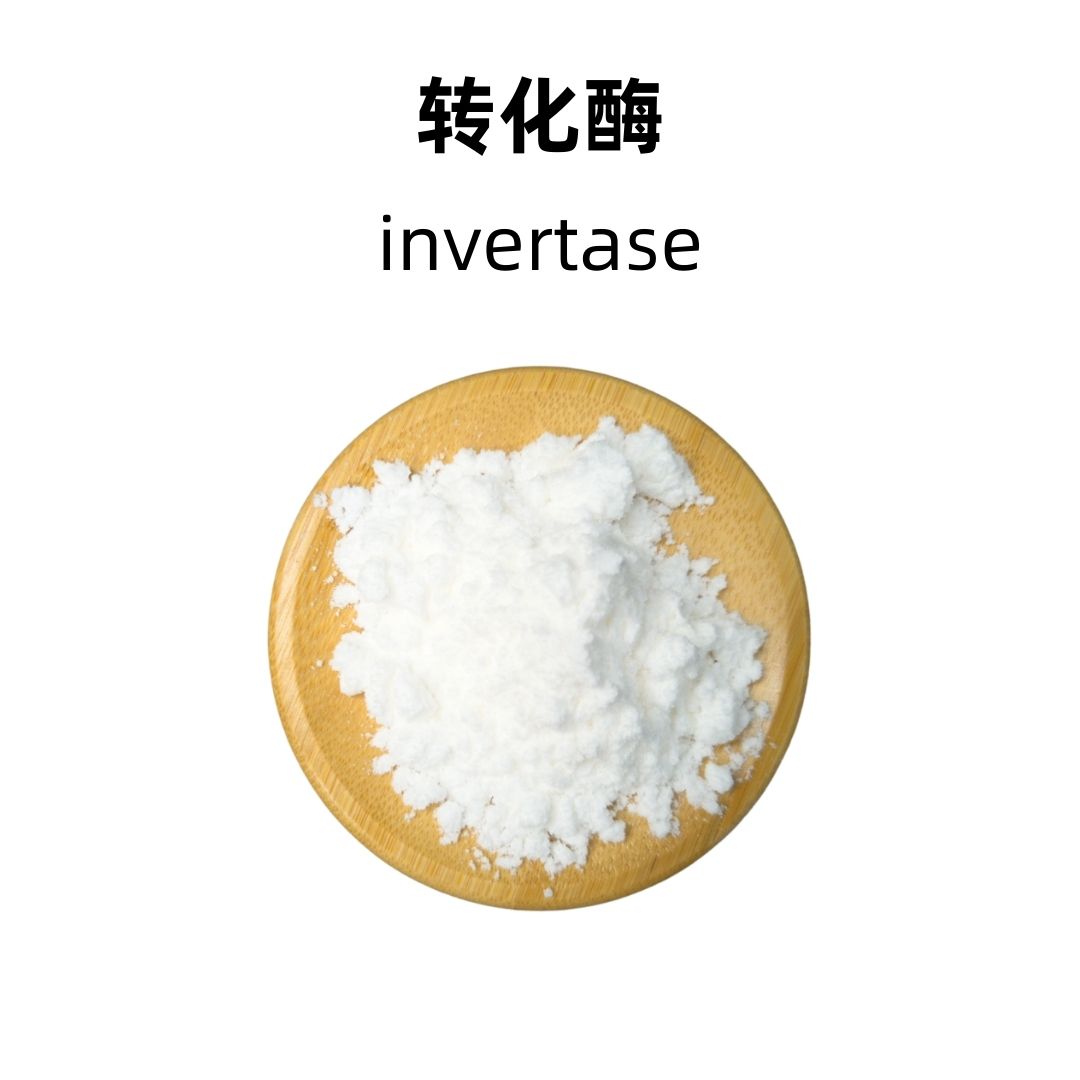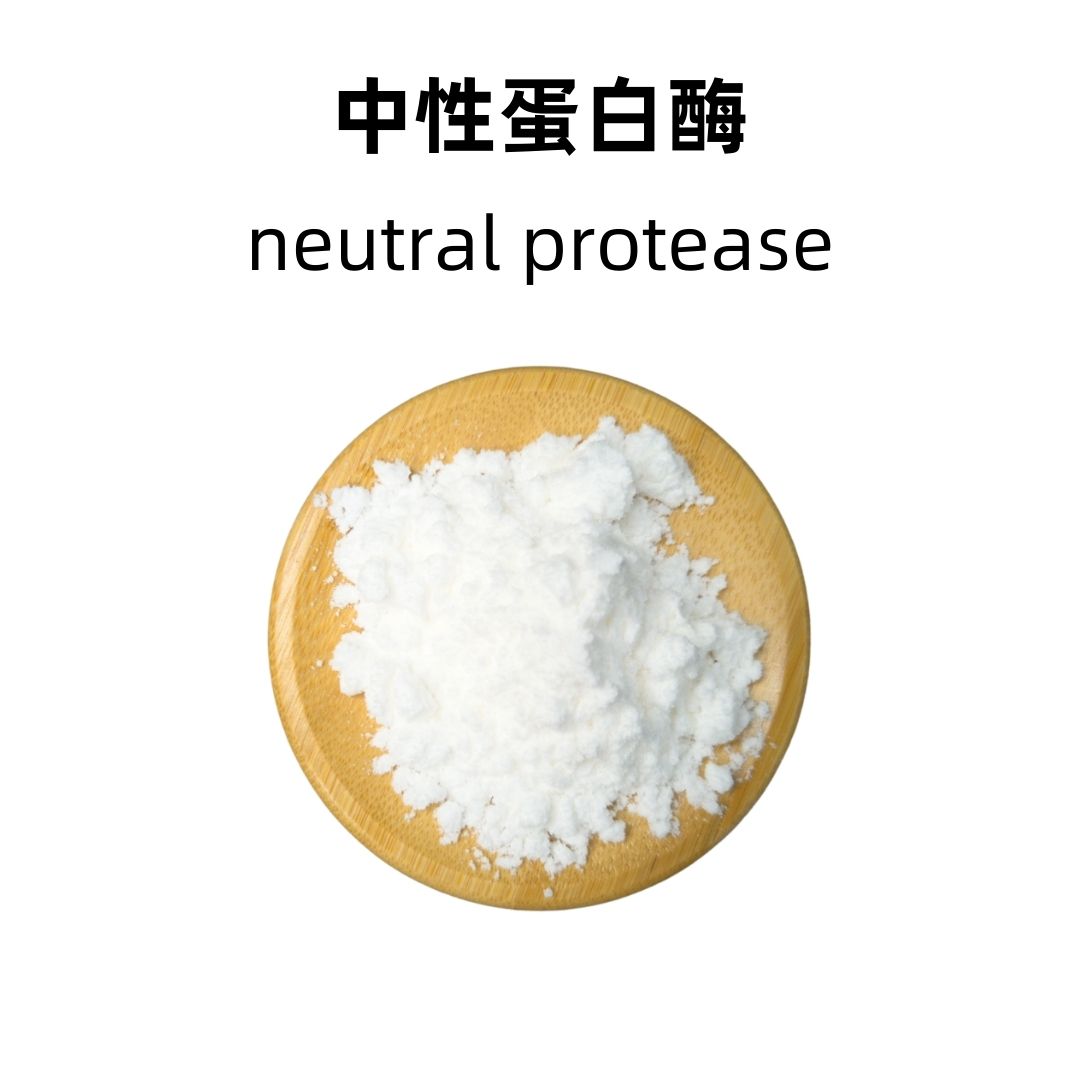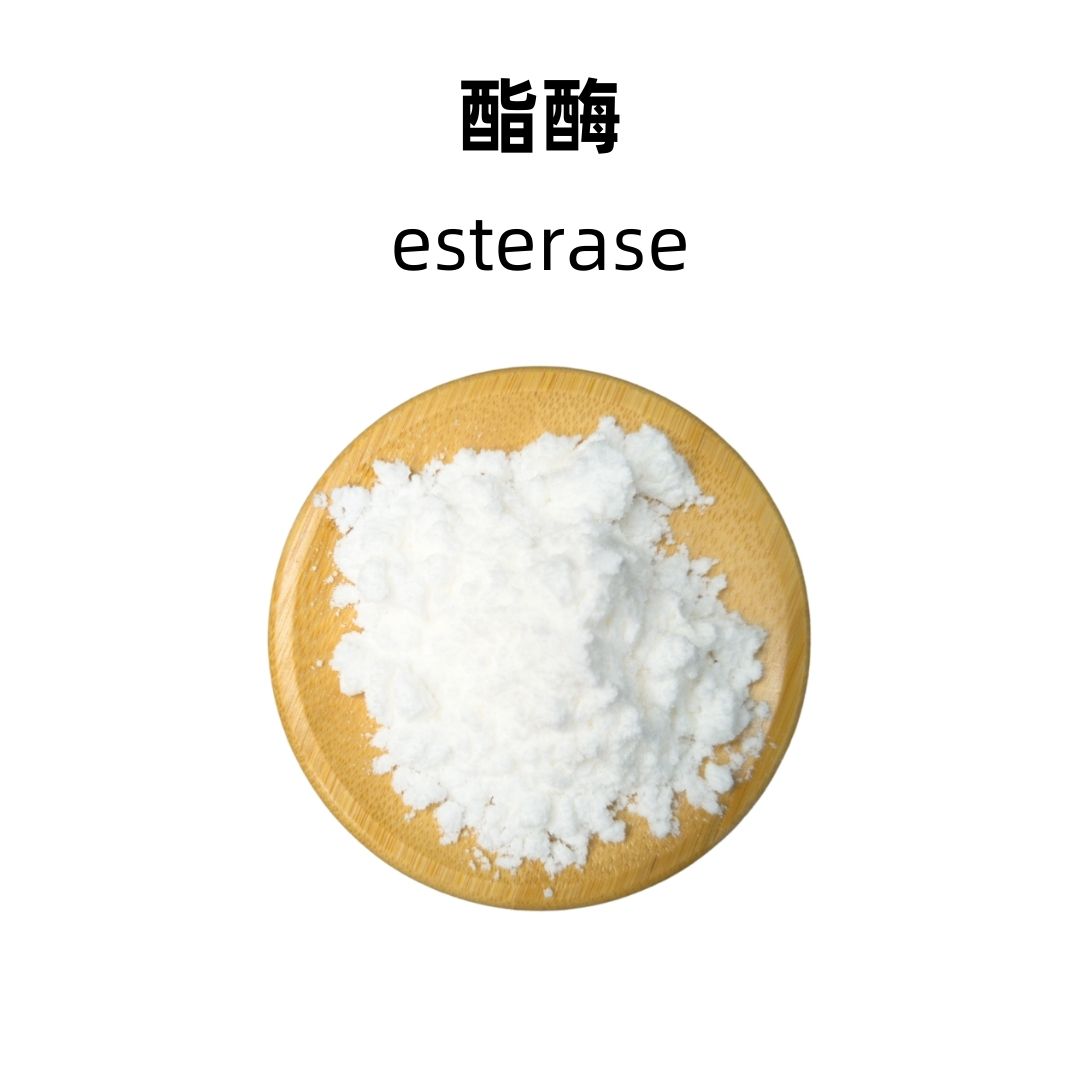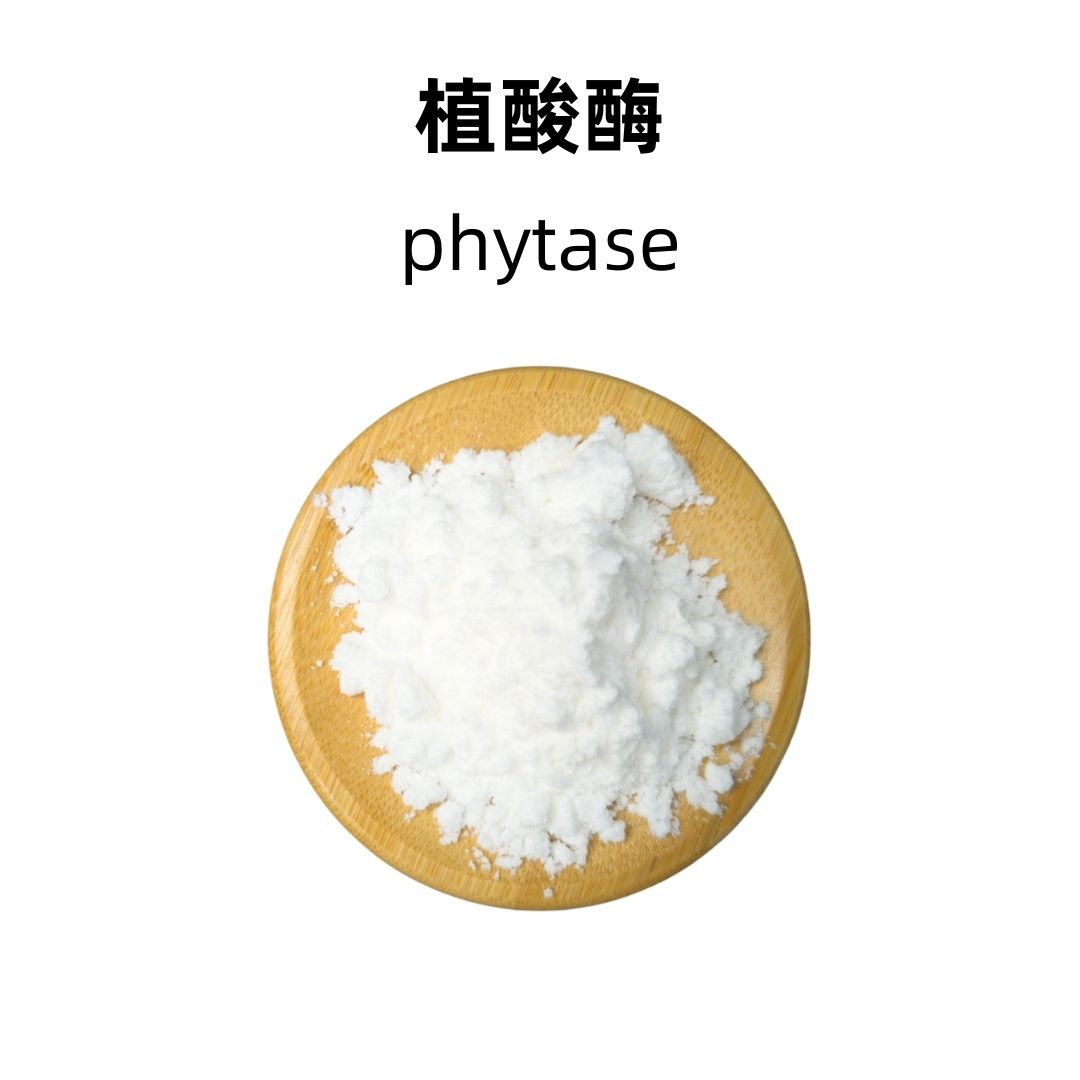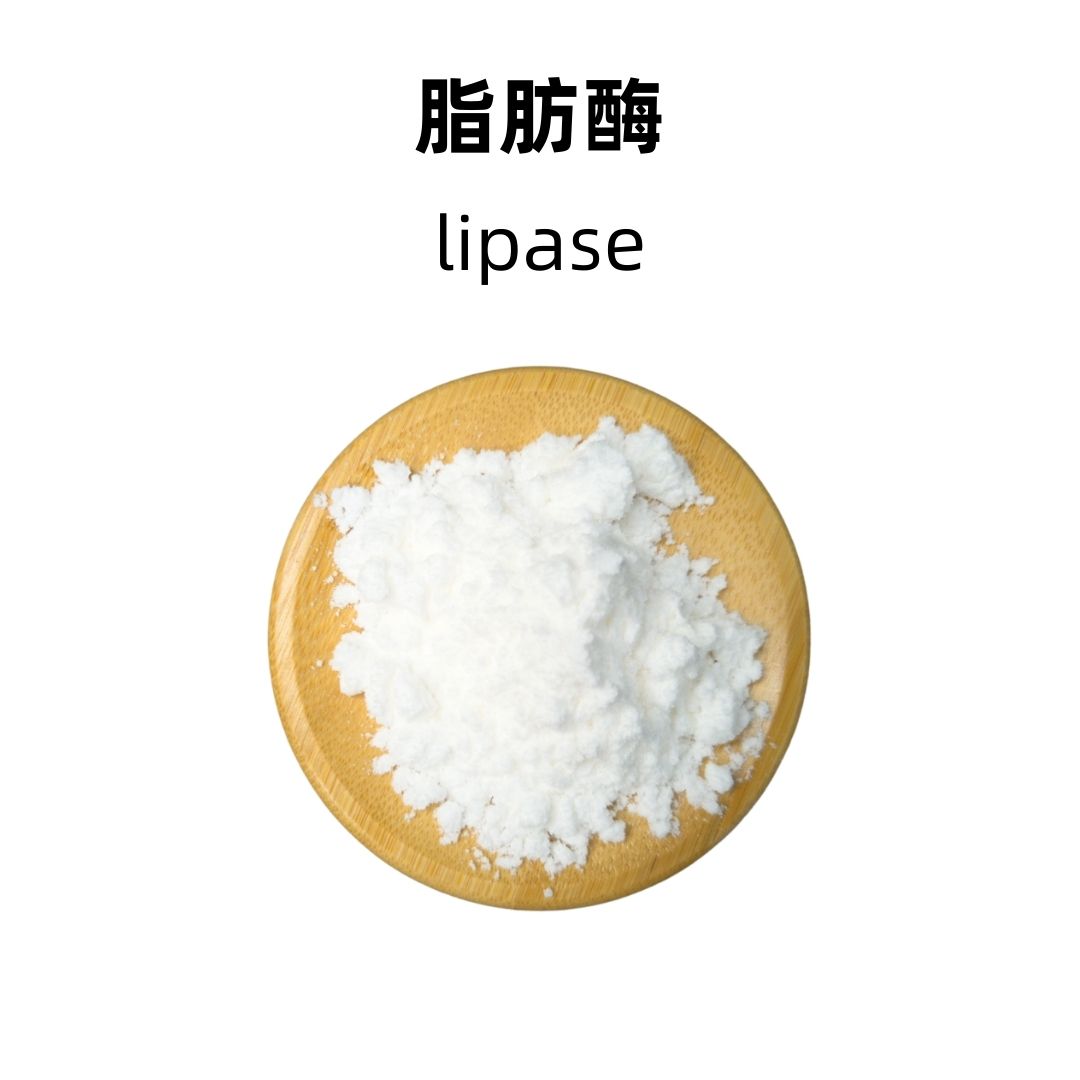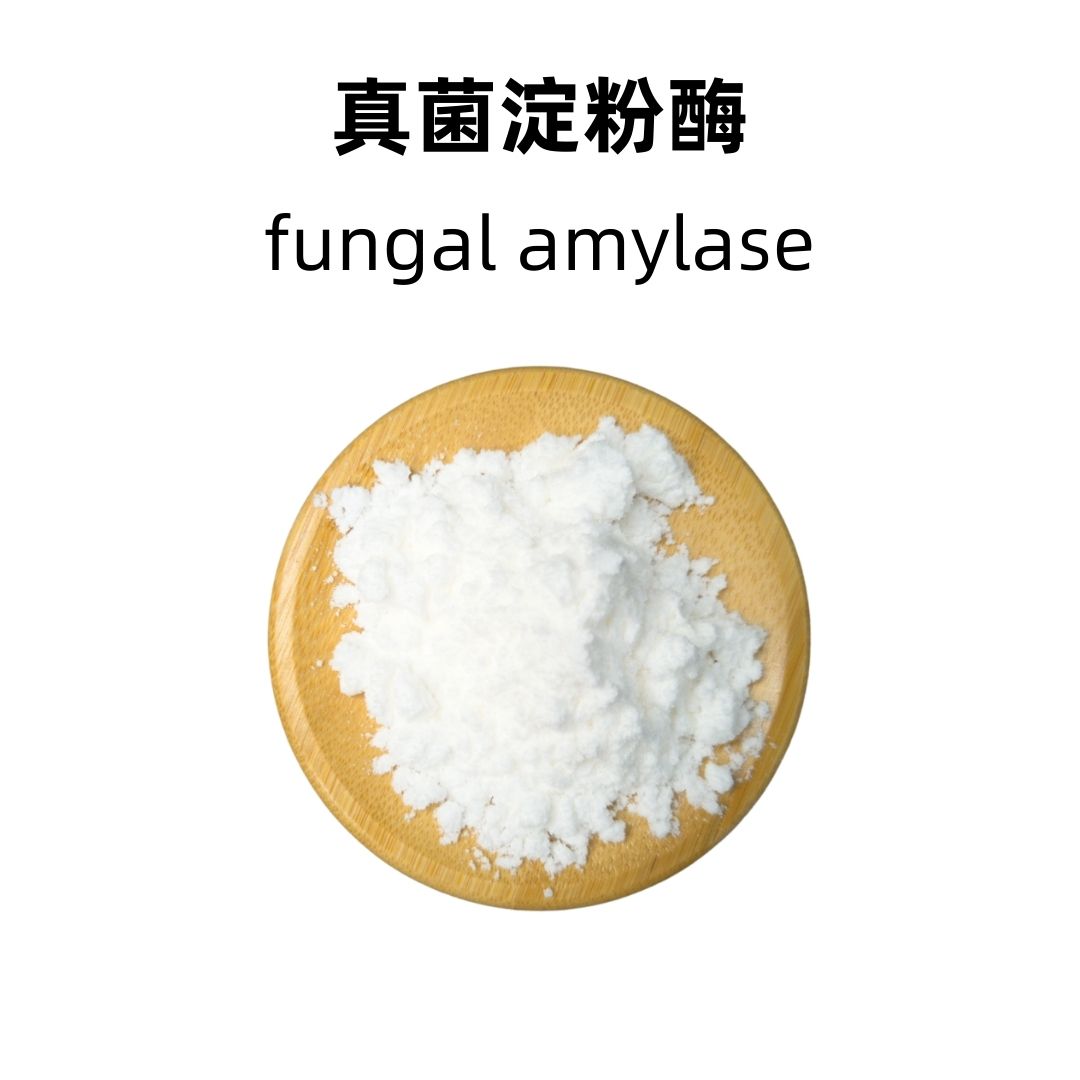Product Introduction
Polygalacturonase is an enzyme that plays a vital role in the breakdown of pectin, found abundantly in fruits and vegetables. This enzyme helps to degrade the pectin structure, improving the extraction of juice from plant materials. It is also important in various biological processes, including plant growth and development. Polygalacturonase is used in different industries, particularly food and agriculture, where pectin breakdown is necessary for various applications.
Production Process
The production of polygalacturonase typically involves fermentation processes using specific microorganisms that naturally produce this enzyme. These microorganisms are cultivated in controlled environments to optimize enzyme yield. After fermentation, the enzyme is extracted through various purification steps, ensuring high activity and purity levels. The final product is then dried and powdered, making it suitable for commercial applications.
Effects and Functions
Polygalacturonase is known for its ability to hydrolyze pectin, which is crucial in the clarification of fruit juices and the production of beverages. It aids in reducing viscosity, which improves processing efficiency. Moreover, the action of this enzyme facilitates better flavor extraction and enhances the overall quality of juice and wine products. In addition to its role in processing, polygalacturonase is essential for plant cell wall turnover, which can affect fruit ripening and softening.
Application Scenarios
In the food industry, polygalacturonase is commonly used in the production of fruit juices, jams, and wine. Its ability to break down pectin improves juice yield and clarity while enhancing flavor profiles. In agriculture, this enzyme is sometimes used to improve the nutritional content and digestibility of animal feeds. Other applications include the textile industry, where it can assist in the processing of natural fibers.
Packaging and Storage
Storage Conditions: The product should be sealed, protected from light, kept away from high temperatures, and stored in a dry, cool, and well-ventilated place.
Packaging: Bulk packaging consists of 25 kg per fiber drum, while sample quantities come in 1 kg aluminum foil bags. Custom packaging is available upon request.
Shipping Methods: Shipping options include FedEx, DHL, dedicated logistics, and sea freight consolidation.
Shelf Life: The enzyme has a shelf life of two years when stored properly.
Monica Sun possesses extensive technical expertise and market insights in the food additives industry. She excels in designing efficient and safe additive formulations tailored to various food applications, ranging from sweeteners to functional dietary fibers. Monica has successfully assisted food manufacturers in optimizing ingredient combinations to enhance product quality and improve consumer satisfaction.









